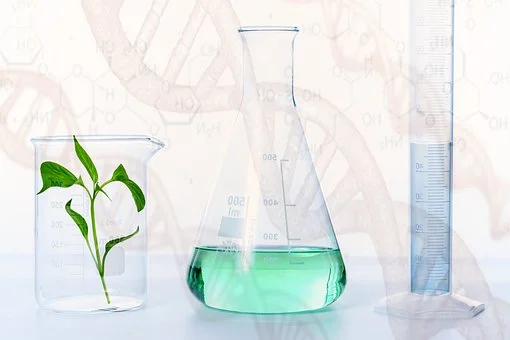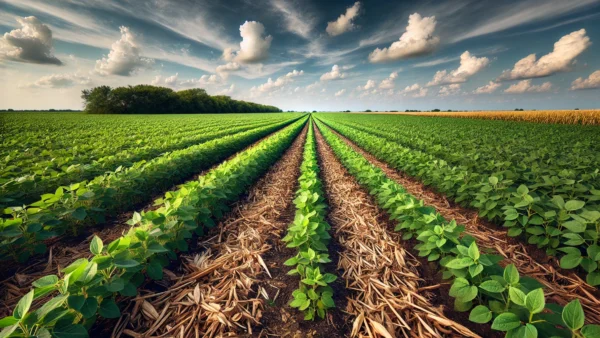Today, there’s no such thing as “contamination” of an organic crop by GMOs. However, that could soon change as the proposed Safe and Accurate Food Labeling Act (HR 4432), sponsored by Rep. Mike Pompeo (R) of Kansas, includes a threshold level for GMOs. This means that Pompeo’s GMO labeling bill will for the first time define a point at which organic crops do indeed become “contaminated” — not by a substance or an organism, but by a form of science.
Make no mistake, this will turn America from a global leader into a follower when it comes to biotechnology and agriculture.
The reason America is a leader in agricultural genetic engineering is precisely because, unlike Europe, we don’t have GMO labeling laws or threshold limits on GMO containing food. The reason for this is simple; scientists all over the world, even in Europe, agree that GMOs are perfectly safe. So America doesn’t label or limit them in any way.
By caving to organic activists with a voluntary GMO label, Pompeo puts the future of every American farm on the line by implying that there is something to worry about when it comes to growing and consuming GMO crops and food.
I recently had the honor of teaming up with Jay Lehr, science director at The Heartland Institute; Robert Zubrin, senior fellow with the Center for Security Policy; and Klaus Ammann, director of the Botanical Garden at the University of Bern in Switzerland, to write about this proposed bill. Below are the high points.
HR 4432 creates a voluntary national GMO labeling plan with a threshold. A threshold level for GMOs, even if voluntary, could backfire by implying that a problem does exist with GMOs. Otherwise, why have a threshold?
Another unintended consequence is that, at the urging of activists, organic farmers who can prove a level of “contamination” above the established threshold, will sue farmers who grow GMO crops on the basis that this “contamination” prevents them from labeling their certified-organic food as GMO free.
There is no long-term upside to a national GMO-labeling law. That’s why the idea was rejected in Washington back when anti-GMO organic activists first began campaigning against them. Its only benefit will be to replace the perhaps inevitable state-by-state patchwork of GMO labeling laws. And all the while, the people lobbying for these state laws already have a federal law protecting their choice of agricultural products — USDA Certified Organic.
Organic industry stakeholders wrote and accepted rules that prevent organic farmers from making use of GMOs. And surely that’s the best way to leave things.
The GMO and organic philosophies were commercialized around the same time back in the late 1990s, and both have grown exponentially since. Clearly things are working as planned for both parties. Why change that at the state or federal level?
It appears that legislators in Washington, such as Pompeo along with Republican and Democrat allies, are trying to protect food manufacturers who would like to avoid state-by-state GMO labeling. But they’re failing to appreciate that any GMO labeling law could be misused by the people behind no fewer than 26 state and county GMO labeling and banning campaigns that are underway across America right now.
It’s the law of unintended consequences. Less law is often better than more, especially when the status quo is working splendidly for all concerned. Think about it … New York City tried to limit the size of soft drinks its citizens could be trusted with, and the courts struck it down. But we’re about to see a threshold-limit put on GMO ingredients across America, with not a shred of evidence of any negative consequences from growing or consuming GMOs. This is precisely what organic activists want. Why give in to them?
GMOs are perfectly safe, and as such, we certainly do not need to label or put a threshold limit on them. I predict the outcome of the Safe and Accurate Food Labeling Act might be the single most important piece of legislation when it comes to the future of farming in America.
And, correct me if I’m wrong, but don’t we already have voluntary GMO labeling in America? If a company or individual wants to label something to indicate that it contains GMO ingredients, what’s stopping them right now? And how will Pompeo’s bill change this? It’s all the other things covered in HR 4432 that stand to change how we farm in America, and not for the better.
Mischa Popoff, policy advisor for The Heartland Institute and former USDA contract organic inspector













